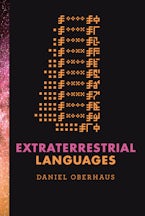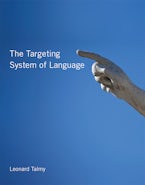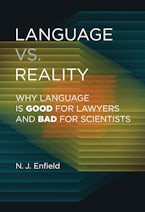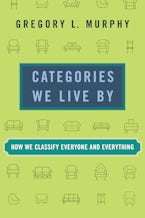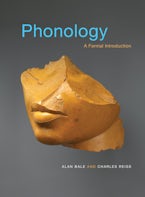Diego Marconi's book is in my opinion extremely well-informed about the status questions in today's debate, and very acute in proposing arguments and personal solutions for several theoretical problems. What especially impressed me is the fact that—because of Marconi's marked sensitivity to the phenomenological and existential aspects of the theme—it can be read with interest and profit also by students and scholars predominantly familiar with the continental tradition.
Gianni Vattimo, Professor of Philosophy, University of Torino, Italy
Lexical Competence is valuable as a philosophically oriented synopsis of semantics literature prominent in psychology, philosophy, and linguistics, including material on both mentalistic and 'direct reference' views; and also as a thoughtful and insightful contribution to semantics, emphasizing a conception of lexical semantic knowledge as an object of inquiry in its own right.
James Higginbotham, Professor of General Linguistics, University of Oxford
This is a very nicely argued essay on the role of lexical knowledge pertaining to some of the most difficult philosophical questions in language and semantics. The opinions are clearly stated, well-articulated, and enjoyable to read. I found the discussion of Carnap, Quine, and Putnam well done and readable for newcomers to this area. The author's final remarks on Bilgrami and Chomsky are also very important, since from Chomsky's writings, it would appear that the gulf between internalist-related knowledge and normativity is unbridgeable. This discussion suggests otherwise. The book causes much reflection, thought, and subsequent disagreement and dialogue.
James Pustejovsky, Associate Professor of Computer Science, Brandeis University
This is a very nicely argued essay on the role of lexical knowledge pertaining to some of the most difficult philosophical questions in language and semantics. The opinions are clearly stated well-articulated and enjoyable to read. I found the discussion of Carnap Quine and Putnam well done and readable for newcomers to this area. The author's final remarks on Bilgrami and Chomsky are also very important since from Chomsky's writings it would appear that the gulf between internalist-related knowledge and normativity is unbridgeable. This discussion suggests otherwise. The book causes much reflection thought and subsequent disagreement and dialogue.–
James Pustejovsky, Associate Professor of Computer Science, Brandeis University
'Semantics' is a very puzzling word. It acquires different meanings in such expressions as Model-theoretical Semantics, Lexical Semantics, Structural Semantics and so on. Marconi's book is a remarkable attempt to make the meaning of meaning less meaningless
Umberto Eco
What does it take to understand a word? This exemplarily lucid and up-to-date book by one of the leaders of analytic philosophy's current upsurge in continental Europe has plenty to teach philosophers, linguists and cognitive scientists about the answer
Timothy Williamson, University of Edinburgh
In this excellent work, Marconi proposes that lexical meaning is as important and worthy of philosophical study as the mechanisms of semantic composition. I found his argument that lexical competence consists of two distinct and complementary abilities (inferential and referential) highly persuasive, and his insistence on the role of perception in language understanding salutary. I recommend his book to all students of language and cognition.
François Recanati, Senior Researcher, Centre National de la Recherche Scientifique/CREA, Paris




